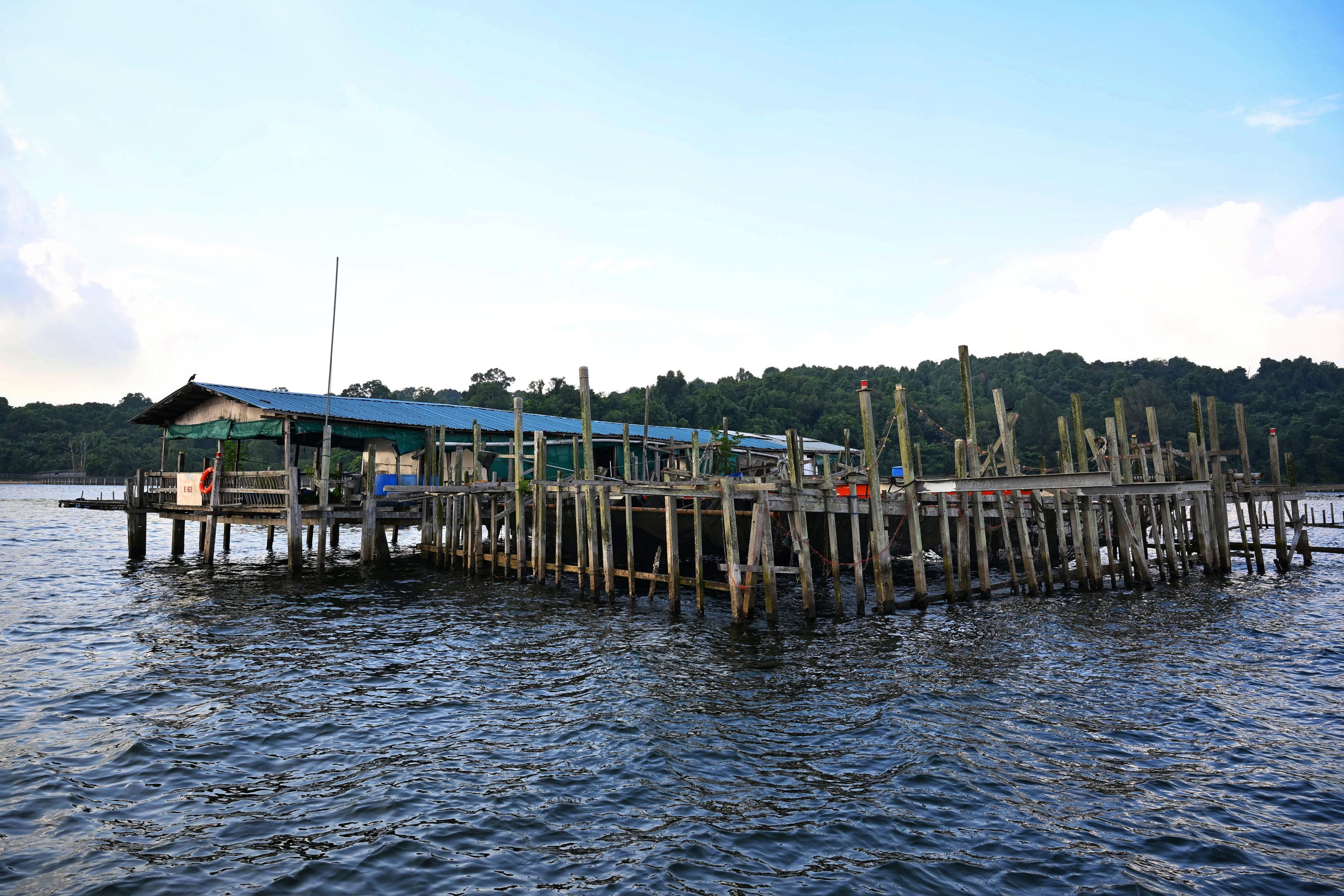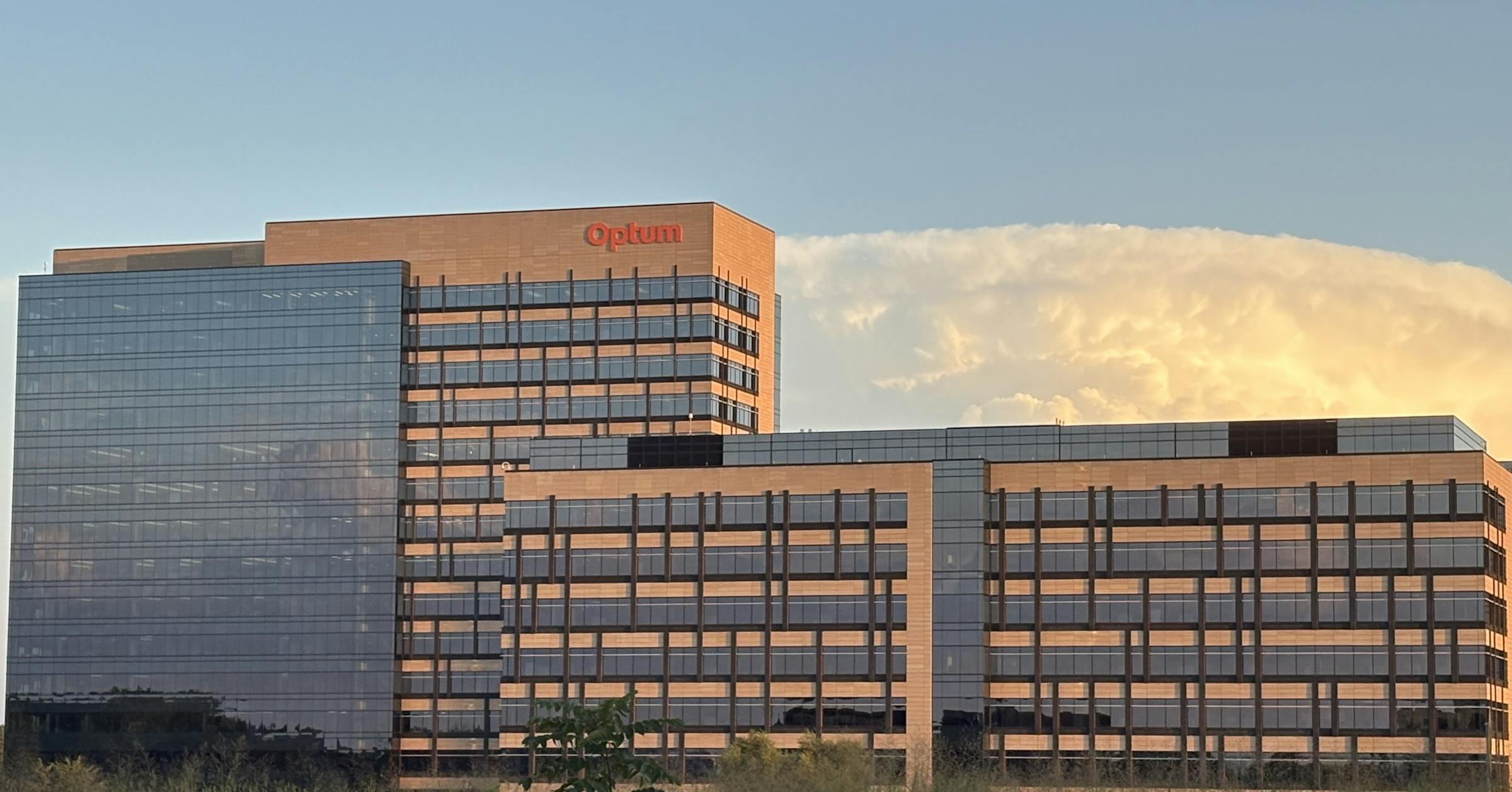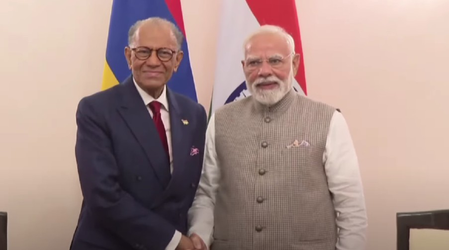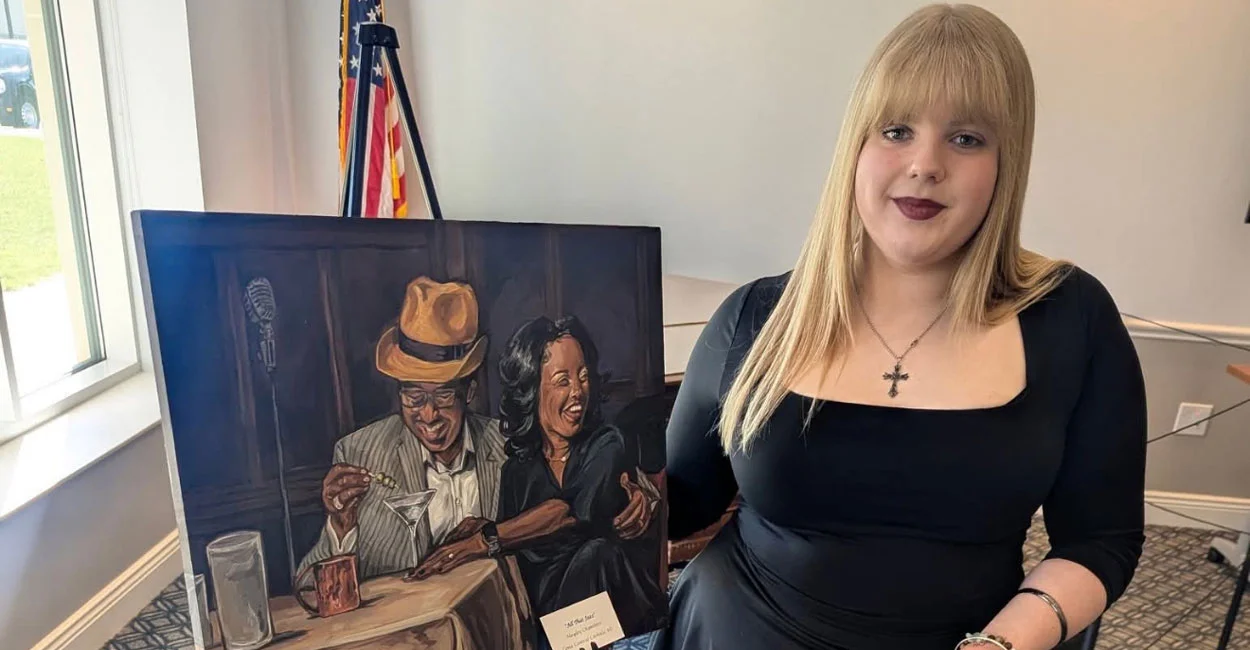By Amelia Searson,Madigan Landry
Copyright abc
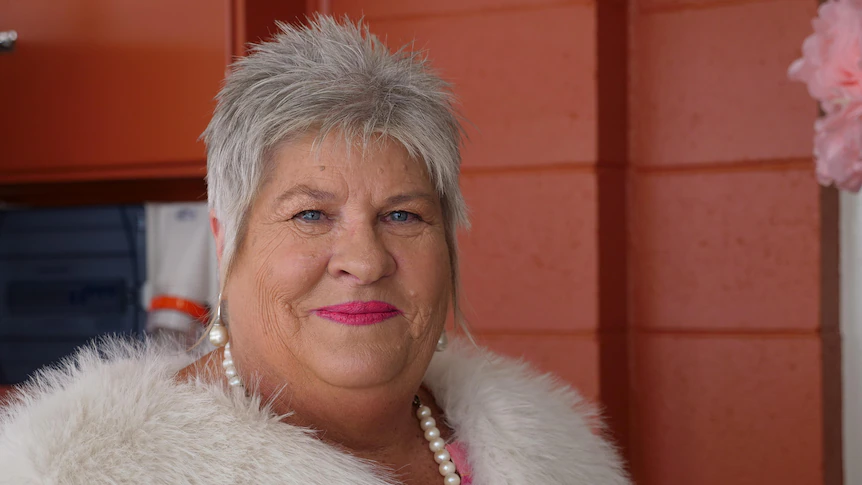
For Tracey Angwin and her husband Steven, raising 23 children on their farm in rural Western Australia remains one of their happiest achievements.
The couple met on a cruise ship 40 years ago and tied the knot 12 weeks later, after Ms Angwin moved from Queensland to her husband’s farm near Tincurrin, 250 kilometres south of Perth.
“I knew nobody when I came here, didn’t even know what farming was,” she said.
But she soon fell in love with the land, and was eager to grow their family and build a life on the farm.
When Ms Angwin was pregnant with the couple’s third child, an advertisement in the local paper about a need for more foster carers caught her eye.
“My parents always had fosters and adopted kids in our house, so our house just rattled with people,” she said.
“[And with Steven] being adopted, he felt we should be giving something back.
“We’ve got lots of love to give, so we thought, ‘Yeah, let’s do it.'”
Life as a rural mum ‘can be brutal’
Raising 23 children on an isolated property was not without its challenges.
With her family on the opposite side of the country, Ms Angwin grappled with loneliness, a common obstacle for many rural parents.
According to national charity Motherland, which seeks to connect isolated mums in regional areas, 50 per cent of rural mothers cannot access a physical mother’s group.
Tasmanian farmer Steph Trethewey started the charity six years ago, after her own battle with postnatal depression shone a light on the lack of support available.
Motherland recently hosted a fundraiser at Darkan in WA’s Wheatbelt, at which Ms Angwin spoke.
The charity also hosts online mothers’ groups, so that women from across the country can have a community no matter where they live.
“It’s all about connection, celebration [and] talking about the tough stuff,” Ms Trethewey said.
“Being a mum on the land can be brutal, but it’s also beautiful.
Reducing stigma on farms
Motherland said 80 per cent of rural mothers had experienced postnatal depression or anxiety, yet less than half sought professional help due to stigma, shame and lack of access.
Denmark rural counsellor, cattle farmer and mother of two, Louise O’Neill, said farming families needed to be encouraged to put themselves first.
“Yes, work on the farm is important, but so is their wellbeing,” she said.
“[We need] spaces where we can connect with men too and allow them just as much right to talk about their emotions.
“Then that will affect everyone, like the whole culture around farming and agriculture and family.”
Ms O’Neill, who also spoke at Motherland’s Darkan event, said she hoped change was already underway.
“I think there is more talk on the mental load … farming is not just the business of being on a tractor, it’s the business of how you handle and manage your family,” she said.
After raising 23 children on her farm, Ms Angwin said one of the best ways to handle the “tough times” was to simply ask for help.
“Find your community, always talk to people and you’re not alone,” she said.
“That’s the biggest thing, you’re not alone out there.”
